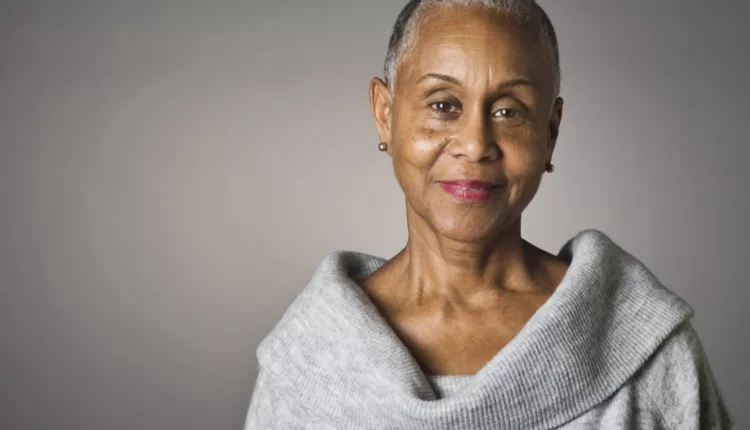
Urgent Call for Social Safety Net for Kinless Aging Black Women
TL/DR –
The rising number of single and “kinless” adults in the U.S., especially among Black women, is causing concern over who will care for them in old age as family members provide over 95% of informal care for older adults. However, research shows that single Black women often have extensive “fictive kin” networks – chosen families – and are more likely to have support from extended family and friends. Experts argue current U.S. policies, such as Social Security benefits and health insurance coverage, do not align with these bonds and networks, which disadvantage single adults economically and in terms of care; they suggest policymakers should recognize and support these intentional communities and networks.
Reflections on Aging from a Kinless Adult
At 57, Carlene Davis, a kinless Black woman from Los Angeles, recognises the need for alternative caregiving and support systems for the nearly 1 million Americans without close family members. Having observed the demands of caregiving firsthand while looking after her elderly parents, Davis is acutely aware of the challenges faced by those growing old without a spouse, children, or siblings.
With over 95% of elderly non-nursing home residents relying on informal care from family members, rising singlehood and declining birth rates could potentially leave a large number of kinless seniors devoid of essential care. This concern is particularly pronounced for Black women, who exhibit the highest rates of kinlessness and lower wealth levels according to a 2017 study.
Reframing Kinship and Support Networks
However, University of Maryland sociologist, Kris Marsh, Ph.D., believes the discourse is insufficient, ignoring the robust support systems single Black women often create. A 2013 study found Black Americans and Black Caribbeans maintain more extensive fictive kin networks than non-Hispanic whites. Marsh’s book The Loves Jones Cohort highlights how single, middle-class Black Americans draw on a long tradition of creating “kin” beyond blood ties, extending their “families” beyond conventional nuclear models.
The Financial Implication of Singlehood
Despite these supportive networks, being single can be costly due to unequal coverage, decreased social security benefits, and limited income-generating opportunities. Policies determining social security benefits and health insurance coverage often disregard the unique bonds and networks of US single adults. Consequently, the growing population of unmarried adults is negatively impacted by policies that favor married individuals, causing potential political ramifications.
Singlehood in the US: Statistics and Impacts
Current data indicates that nearly half of U.S. adults are single, including people who are divorced, widowed, and never married, according to the American Community Survey. Furthermore, most U.S. women are single and participate significantly in the labor force, boosting the post-pandemic economy. Despite this, social and legal benefits continue to lean heavily on Western nuclear family models.
Preparing for Aging as a ‘Kinless’ Adult
The prospect of aging without a partner or close family member has led many singles, like Davis and Carol Tucker, 63, a lab manager from Atlanta, Georgia, to build “intentional communities of found family” and secure alternative support arrangements. Delores Bushong, 76, a retired school teacher from Washington, D.C. also highlights the importance of forward-thinking and planning for aging and death. Such planning extends to the practicalities of locating documents and accessing account numbers and passwords in the event of incapacitation or death.
Systematic Inequities in Aging
Current policies inadequately account for cultural norms of non-white communities, where relations often extend beyond immediate biological ties. Standards around marital status further perpetuate inequities, with married couples enjoying more economic benefits and improved access to health insurance and social security benefits. This systemic bias disadvantages single individuals and amplifies existing inequalities.
While the U.S. struggles with these issues, other developed nations offer models of support for single adults. For instance, the U.K. offers a 25% council tax discount for those living alone, while New Zealand provides a higher government pension payment to offset the costs of running a household solo.
Advocacy for Equity in Aging
In response to these inequities, Davis co-founded Sistahs Aging with Grace and Elegance, a research and policy project focusing on Black women within California’s Master Plan for Aging. The program fosters an inclusive strategy to promote the health and well-being of older Californians, underscoring the need for policy shifts and political will to support and recognize the intentional communities and supportive networks created by single individuals.
—
Read More Health & Wellness News ; US News
